Simply Novel Blog - Teaching Tips and Ideas for Teachers
-
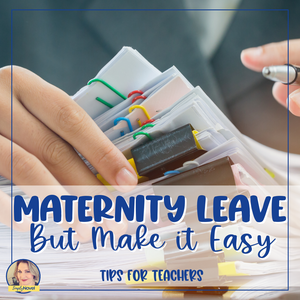
Tips to Make Maternity Leave Planning a Breeze!
-
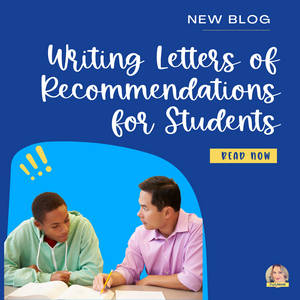
Writing Letters of Recommendations for Students
-
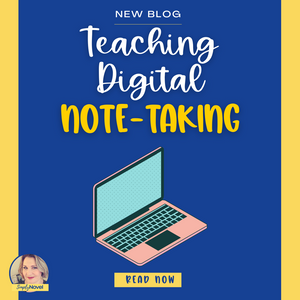
Teaching Effective Digital Note-Taking
-

Alternatives to Writing New Year's Resolutions
-
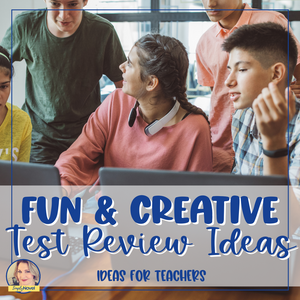
15 Creative and Fun Test Review Ideas
-
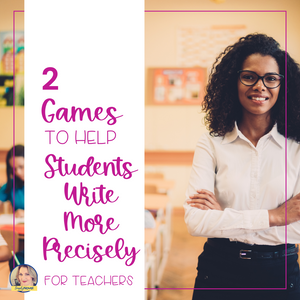
Games to Help Students Write More Precisely
-

Light-Hearted Debate Ideas
-
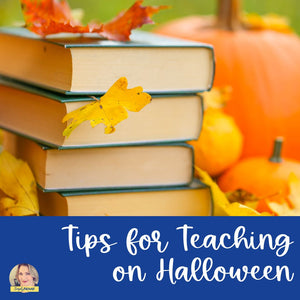
Tips for Teaching on Halloween
-

First Chapter Friday!
-
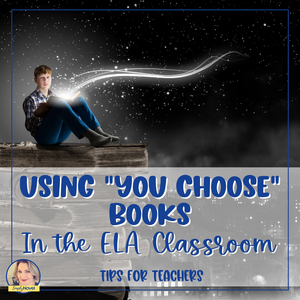
Using "You Choose Your Adventure" Novels in the Classroom
-
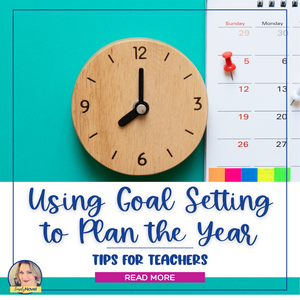
Using Goal Setting to Plan the Upcoming School Year
-
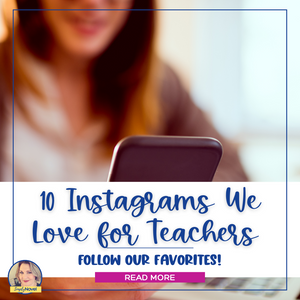
10 Instagrams We Love for Teachers
- Page 1 of 2
- Next page












